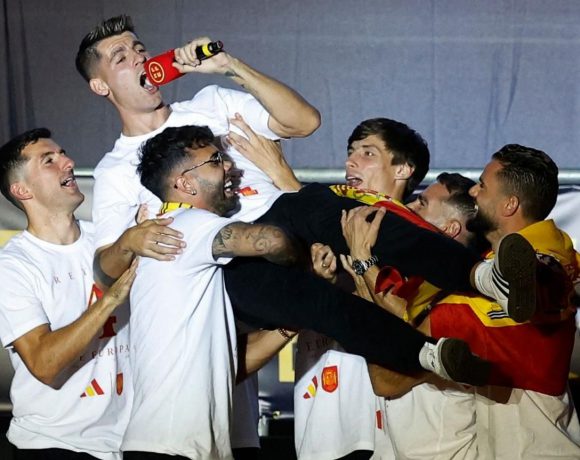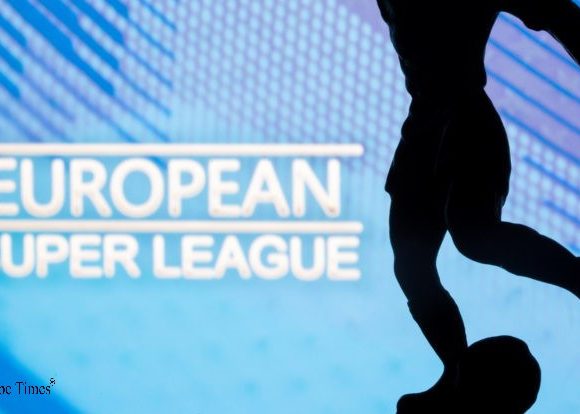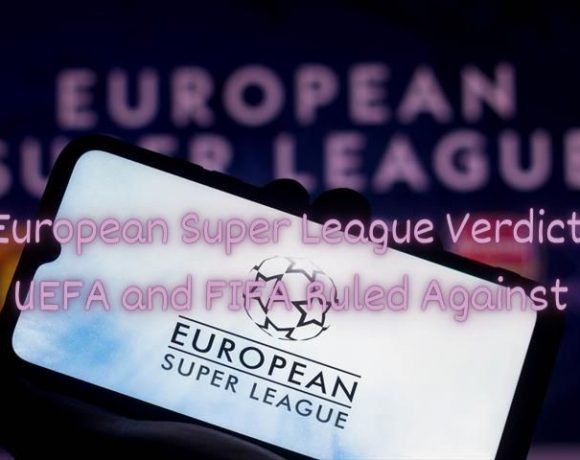
At the victory celebrations in Madrid, players from Spain’s men’s Euro 2024 winning team led chants of “Gibraltar is Spanish.” Midfielder Rodri, who also plays for Manchester City, was among those participating. The Gibraltar Football Association formally complained to Uefa, calling the chants “extremely provocative and insulting.”
Gibraltar, a British territory since the 18th century, is located at Spain’s southern tip. Spain has long sought its return.
The chants occurred as tens of thousands of Spanish fans gathered in central Madrid to celebrate the team’s 2-1 victory over England in the final. Fans dressed in Spain’s red and yellow cheered as the players toured the city in an open-top bus. The parade concluded in Cibeles Square, where the European Championship trophy was presented. Rodri, alongside right-winger Lamine Yamal, was seen chanting “Gibraltar is Spanish” on stage, a chant later led by team captain Alvaro Morata.
The Gibraltar FA expressed its concern in a statement, condemning the Spanish team’s actions as having “no place in football.”
Gibraltar, a British Overseas Territory with a population of just over 34,000, was ceded to Britain in 1713 under the Treaty of Utrecht. Despite referendums confirming its people’s preference for British rule, Spain continues to claim the territory. Border policing disagreements have arisen since Gibraltar’s departure from the EU with Brexit.
Gibraltar, a Uefa member since 2013, fielded its own team in Euro 2024, finishing last in Group B with no points and a significant 14-0 loss to France, the former champions’ largest win.
Picture Courtesy: Google/images are subject to copyright


